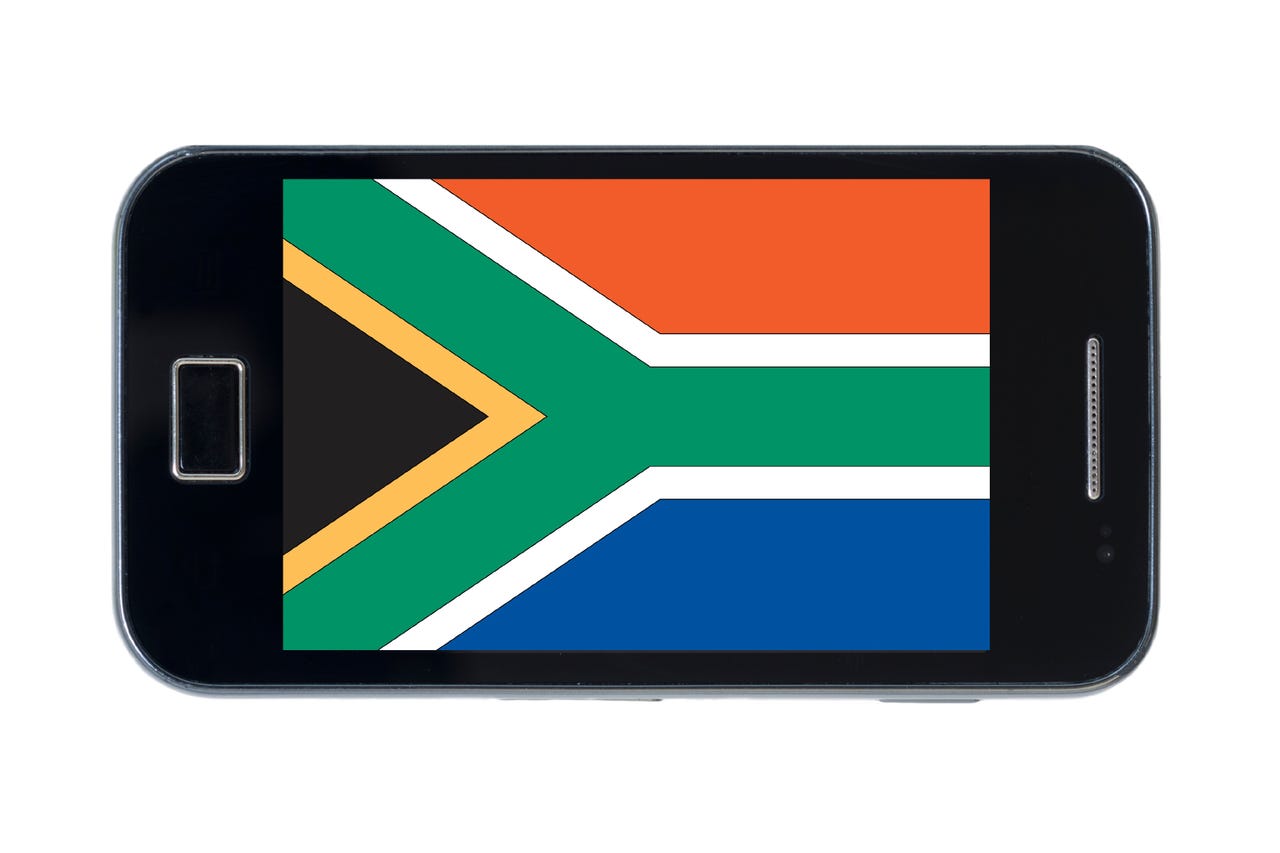Why Facebook, Google, WhatsApp are squaring off against MTN, Vodacom in South Africa


South Africa's government may tax OTT mobile services such as Facebook and WhatsApp.
South Africa's parliamentary Portfolio Committee on Telecommunications and Postal Services met this week to discuss whether or not 'over the top' (OTT) services such as WhatsApp and Facebook should be subject to regulation and face extra taxation for their apps to be available on the country's mobile networks.
The discussion was called after lobbying by South Africa's two largest operators, MTN and Vodacom, which want to see mobile messaging services brought under the same regulatory framework as SMS.
Both MTN and Vodacom have been vocal in their desire to see OTTs regulated over the past couple of years, and are not alone on the continent. Earlier in January, Morocco banned VoIP services over mobile networks.
In submissions to the committee, MTN and Vodacom argued that their profits are being hurt by falling voice and SMS revenues, and yet data-based messaging apps are getting a free ride.
MTN's Graham de Vries said the issue is compounded by many of the OTT players selling advertising in the country, but not paying tax on their revenues.
Vodacom published its first drop in annual profit for five years in 2015, although SMS revenues were still healthy at R3bn ($184m) for the year.
A spokesman for the Department of Telecommunications and Postal Services (DTPS), which will be responsible for any regulatory framework, concurred in its submission to the committee that a "key concern is that OTT players make no contribution to the network infrastructure".
Representatives from Google, Facebook, and Microsoft-Skype also spoke, arguing that users already paid for infrastructure through data charges.
Professor Alison Gillwald of ICT Research Africa pointed out that about half of users of free services such as Free Basics from Facebook go on to buy data.
Not all operators think extra regulation is a good thing. The third largest network in the country, Cell C, has used the debate to campaign for OTTs.
As well as publishing a long editorial by CEO Jose dos Santos calling out Vodacom and MTN for anti-competitive conduct, the network has begun offering free WhatsApp calling for its subscribers.
The CEO for national telecoms regulator ICASA, Pakamile Pongwana, was also present and quoted from a policy report published last year, which suggested government adopt a "wait-and-see attitude" as to whether or not OTT services were really damaging to the industry.
The DTPS is expected to publish a White Paper in March, outlining future policy on the issue.